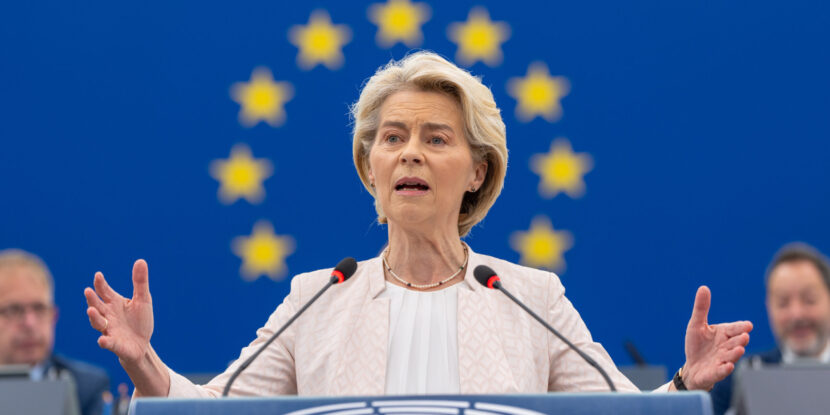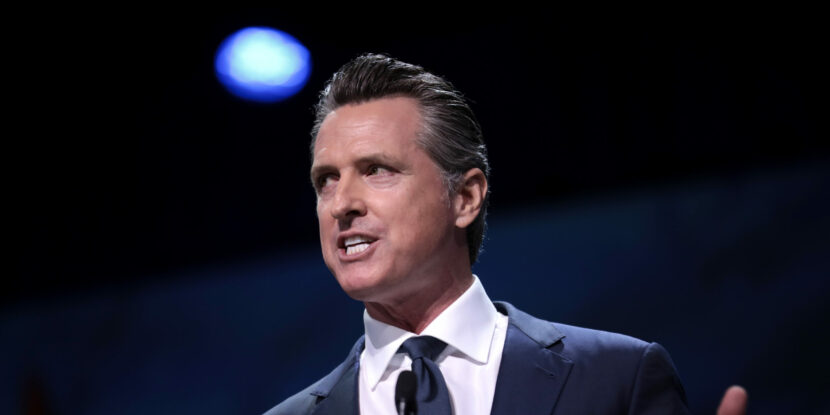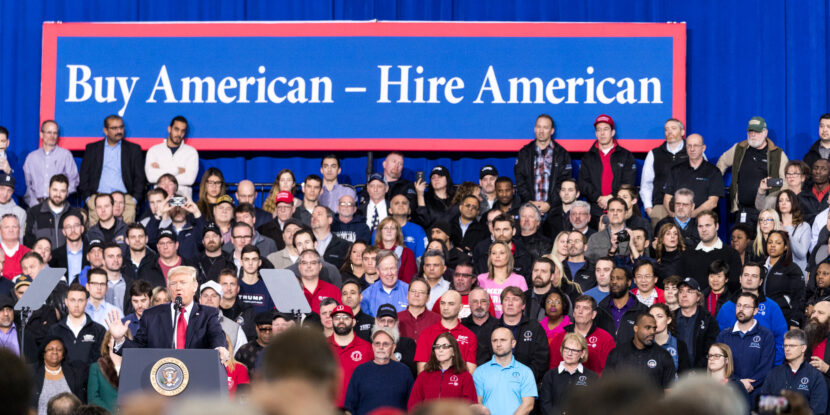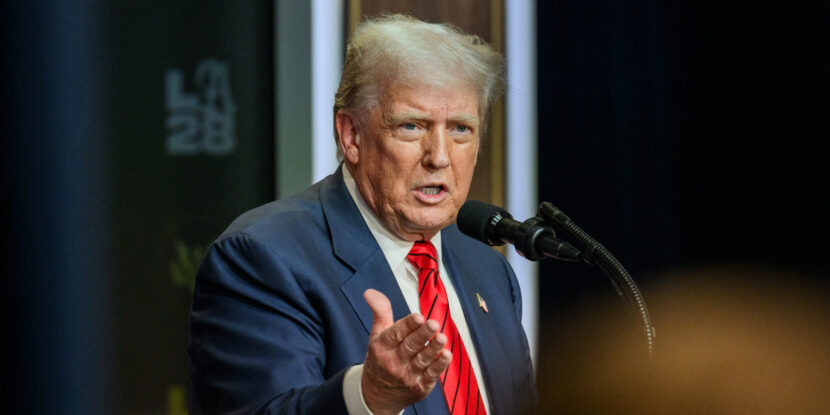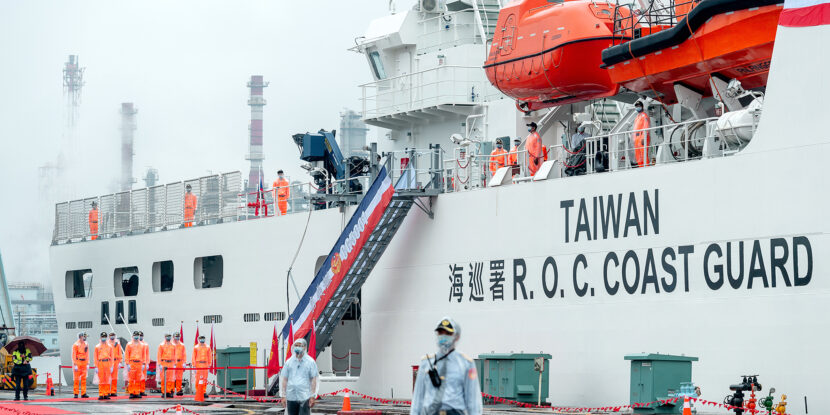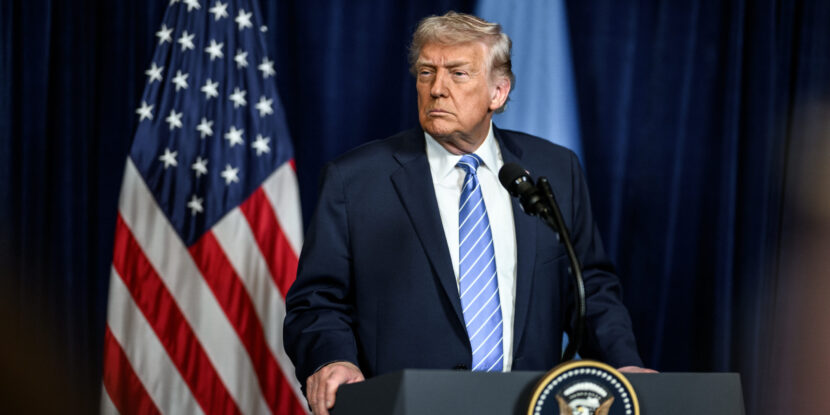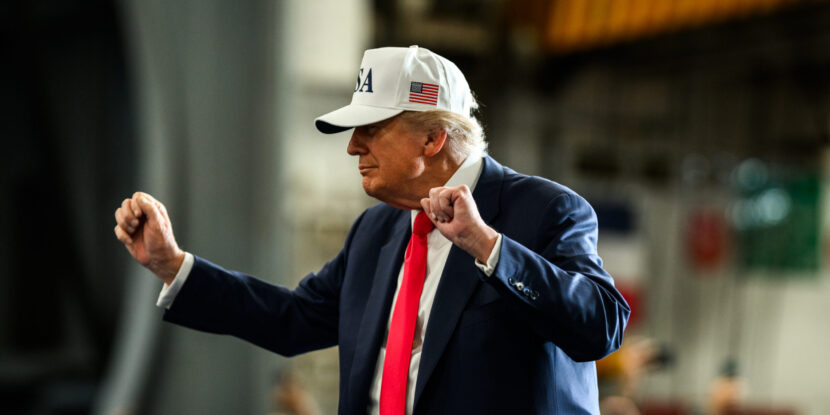PULSE POINTS:
❓What Happened: Europe is concerned about an influx of cheap Chinese goods due to tariffs imposed by the United States on Chinese exports.
👥 Who’s Involved: Key players include European leaders, Chinese manufacturers, and the U.S. government.
📍 Where & When: The situation is unfolding across Europe, with a focus on countries like France, Germany, and Italy, amid escalating trade tensions.
💬 Key Quote: Liana Fix of the Council on Foreign Relations noted, “The overcapacity challenge has taken a long time, but it has finally arrived in European capitals.”
⚠️ Impact: Potential economic strain on European industries and increased vigilance on imports to prevent dumping.
IN FULL:
Europe faces an expected surge in Chinese products due to the ongoing trade clash between the United States and China. With U.S.-imposed tariffs dampening export opportunities for Chinese goods, the Chinese Communist Party (CCP) could seek to dump exports on the European market. This situation raises alarm over the potential negative impact on local industries across the European Union (EU).
The situation stems from President Donald J. Trump’s hefty tariffs on China, which have significantly obstructed Chinese exports to American markets. Consequently, there are growing apprehensions that these goods—ranging from electric vehicles to consumer gadgets—might overflow into the European market. Such an influx could undercut European manufacturers, impacting economic stability in major economies like France, Germany, and Italy.
“The overcapacity challenge has taken a long time, but it has finally arrived in European capitals,” remarked Liana Fix of the Council on Foreign Relations.
In response to the mounting concerns, Ursula von der Leyen, President of the European Commission, has emphasized the importance of constructive engagement with China. She acknowledges the indirect effects of the U.S.-imposed tariffs, stressing the need for vigilance in monitoring Chinese imports. A newly constituted task force will track these imports for signs of dumping, aiming to maintain market balance within Europe.
President Trump also enacted significant tariffs on European Union goods—though the trade duties have been reduced to 10 percent for a 90-day grace period while trade negotiations take place. The EU initially announced its own retaliatory tariffs, but it later caved and announced it would suspend the idea to pursue trade negotiations.
